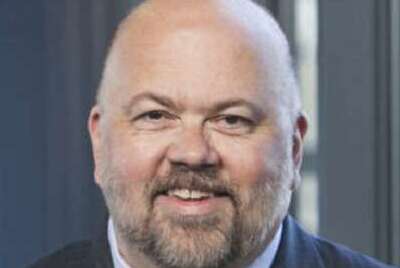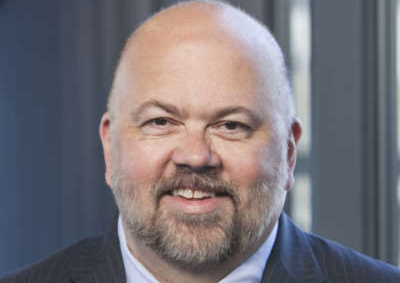
Why public service is not a regular job
Being loyal to the Constitution and serving the people means public servants have different priorities than someone working in the private sector.
This column was originally published on Jeff Neal’s blog, ChiefHRO.com, and was republished here with permission from the author.
Best listening experience is on Chrome, Firefox or Safari. Subscribe to Federal Drive’s daily audio interviews on Apple Podcasts or PodcastOne.
Reflecting on the recent partial government shutdown, I was struck by the comments I heard and read about the federal workforce. Some people pointed out that everyone, not just federal employees, should be better prepared for a disruption in pay. Some were appalled that federal workers would be used as political pawns. Others used the shutdown as an opportunity to criticize federal employees and trotted out the same tired (and untrue) accusations that feds do not care about their jobs, or are lazy or incompetent.
I was pleased to see that many observers referred to federal workers as public servants. We see that term used to describe people in government at all levels. Even the politicians who clearly think very little of federal employees refer to themselves as public servants or to their line of work as public service.
Let’s forget about the politicians (if only we could) and concentrate on people who make a career out of public service as civil service employees. You may look at what they do and think “It is just a job.” I believe being a government worker is far more than that. People who have “just a job” may not think about the history of their organization. They may think of it as no more than a way to earn a living. Their employer may have been in business for years, but they may not lose any sleep if it goes out of business after they leave.
The government is different. At the federal level, our government has existed since the Constitution was ratified in 1789. It is over 230 years old, and most of us want it to last for hundreds more years. Some folks will say you should be loyal to this president or former ones, but the truth is that federal employees take an oath to protect and defend the Constitution and their obligation is to serve the American people.
Being loyal to the Constitution and serving the people means public servants have different priorities than someone working in the private sector. One of the most obvious is that there is no profit margin to maintain. The more important distinction is that federal workers are part of an organization that is not only 230 years old, it can and must endure indefinitely. It cannot go bankrupt. It cannot go out of business. It cannot decide that the people of a state or city are not worth the investment and stop serving them. It cannot decide that it just doesn’t like the governing business anymore and now it wants to branch out into something different.
Public servants are not owners of their jobs, they are trustees. The turnover rate over the long haul is 100%, yet the missions continue. No one is irreplaceable, because eventually they will all be replaced. For that reason, the best public servants take a very long view of their responsibilities. If they do their jobs well, they will benefit not just today’s citizens, but those who have not yet been born. If they collectively do their jobs well, along with the public servants in the military, there is a good chance that the United States will be around for a long time.
That is the reason I am tired of hearing people complain about federal employees. What is most surprising is how many people actually like what government does. A Pew Research survey showed that most people have favorable opinions of most agencies. Credit for that goes, in large part, to the public servants who work there and who care about the mission. If those public servants did not care, the results would show up fairly quickly. If they were not competent, the results would show up even faster.
Are all federal employees great at what they do? No. Do they all view their work as public service? No. But most of them are good, very good or great at what they do, and care about the mission and they care about the nation they serve. I was happy to spend 33 years as a public servant, and I appreciate the people who continue to serve today, and those who will serve long after all of us are gone.
Jeff Neal is a senior vice president for ICF and founder of the blog, ChiefHRO.com. Before coming to ICF, Neal was the chief human capital officer at the Homeland Security Department and the chief human resources officer at the Defense Logistics Agency.
Copyright © 2024 Federal News Network. All rights reserved. This website is not intended for users located within the European Economic Area.



